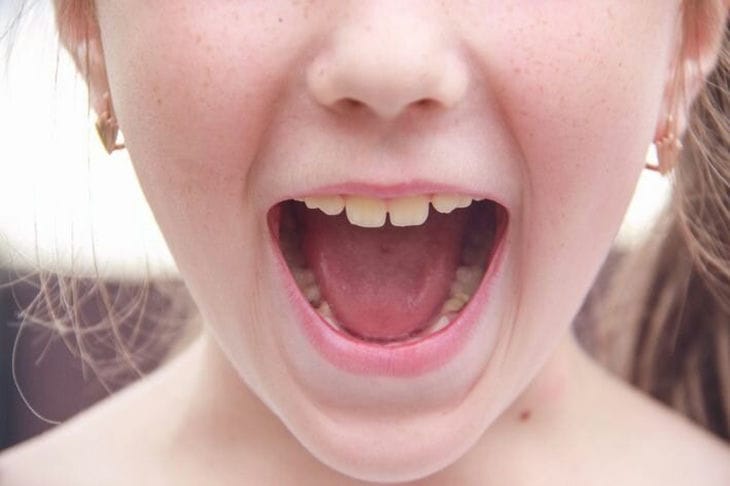Praise is a powerful tool in parenting, but it's important to use it wisely.
Here are some tips on how to praise your child in a way that will benefit him.
Give thanks more often
Gratitude is close to praise, but has more forms of expression. You can say "thank you" not only with words, but also with gestures, such as a smile or a nod. This way, the child will certainly feel that his efforts are appreciated.

Praise for specific actions
Approval should be linked to real achievements. Don't praise children for everything, as this can prevent them from critically evaluating their efforts.
Be specific: “You did a great drawing” or “You solved all the problems correctly.” This will help the child understand what exactly he is receiving praise for.
Use non-judgmental statements
Try to praise for specific results, voice it, not the child himself. This means that you should not use phrases like "You are great" or "You are the smartest."
Instead, say: “How quickly you got dressed,” “You put the puzzle together correctly.”
Talk about how you feel and support your child's efforts: "I'm glad you washed the dishes."
Separate criticism and praise
It is important not to mix praise with criticism. Avoid phrases like "You cleaned the dishwasher, but why didn't you take out the trash?": the child hears reproach in them and will not want to do housework next time.
Be sincere
Children sense falsehood, so it’s important to be sincere in your praise. If you’re tired from work and can’t appreciate your child’s progress now, tell him about it and promise to return to his achievements later. Honesty builds trust.
Don't compare your child with other children
Comparisons with other children can make a child feel dissatisfied with himself. It is better to compare his achievements with his previous successes: “Today you solved the problem faster than last time.” This will help him focus on his own progress.
